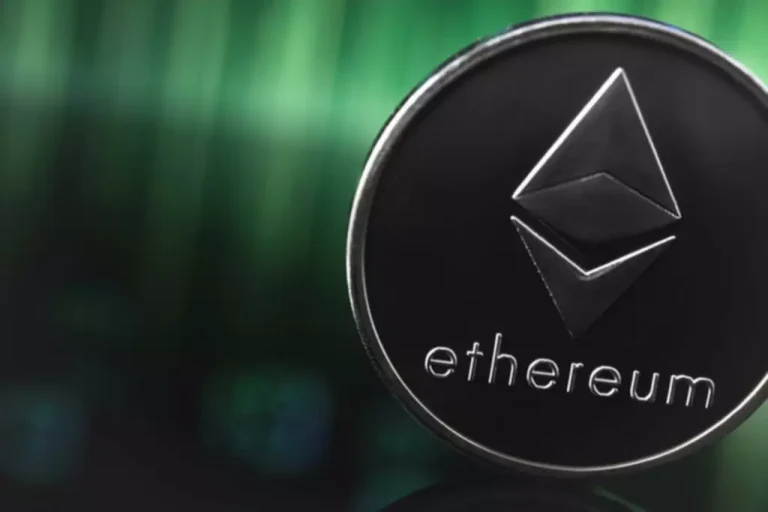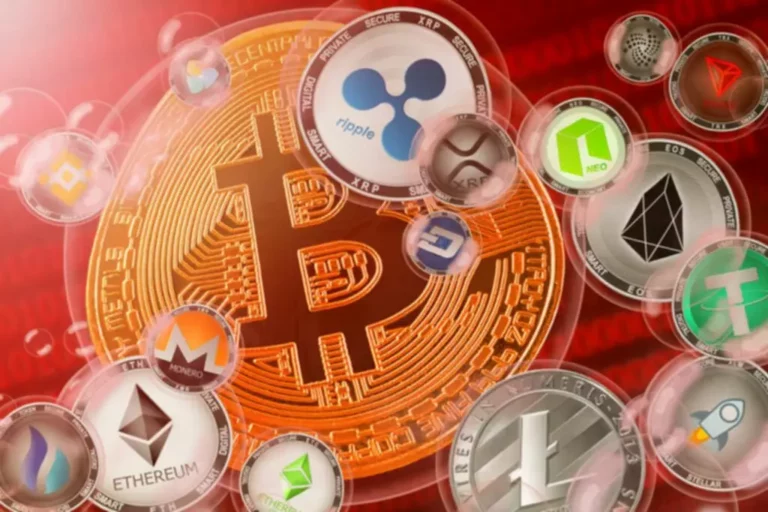However, section 1(2) of the RBI Act, 1934 explicitly states that the RBI Act “extends to the whole of India”, thus potentially implying that it doesn’t lengthen beyond India. The legal implications of this specific provision on RBI’s proposed instructions on offshore ETPs benefit non deliverable currencies a short dialogue. The recent rupee strengthening can also be giving hope to foreign money sellers that India could additionally be heading in course of a steady rupee surroundings.
Nse Equity Derivatives Vs Bse Fairness Derivatives
According to him, the RBI’s swap window for oil advertising firms will convey down ahead rates. “The domestic market is not any extra getting influenced by trades in NDF,” said Satyajit Kanjilal, managing director at ForexServe, a treasury consulting agency. These markets exist as a outcome of the local currency isn’t freely convertible and the Reserve Bank of India (RBI) has no management over them. ● An XYZ trader, requiring settlement in their native currency, can interact in trading utilizing Rupees but ultimately wants settlement in their home forex. ● Onshore markets are regulated by domestic regulators like SEBI in India, which provides sturdy investor protections. It permits buyers to trade outside the boundaries of one’s country and keep away from cumbersome documentation, in depth Know-your-Customer necessities and rigid guidelines and pointers.
Non-deliverable Ahead (ndf) Which Means, Construction, And Currencies

In India, Non-Deliverable Forwards (NDFs) are used primarily for currencies which have restrictions or aren’t totally convertible, like the Indian Rupee (INR). Effectively, the borrower has an artificial euro mortgage; the lender has a synthetic greenback loan; and the counterparty has an NDF contract with the lender. NDFs can be utilized to create a overseas forex mortgage in a currency, which may not be of curiosity to the lender. While the USD dominates the NDF buying and selling area, other currencies play an essential role as well. The British pound and Swiss franc are additionally utilised on the NDF market, albeit to a lesser extent. The RBI proposes to concern the model new instructions for registration of offshore ETPs beneath this provision.
- Offshore ETP operators interested within the INR-NDF market have strong industrial reasons to apply for an RBI registration under this proposed path.
- This had prompted the G20 group of nations to come back to an settlement in 2009 that each one standardised OTC derivatives must be traded on ETPs.
- Suppose he expects Indian rupee to depreciate towards the dollar within the subsequent three months and buys a forward for Indian money, which he settles in dollar due to convertibility restrictions.
Why Should A Dealer Supply Ndf Trading?

By offering NDF trading, brokers can entice this substantial and sometimes underserved consumer base. Given the specialised nature of NDFs, these shoppers are additionally more doubtless to be extra knowledgeable and dedicated, resulting in greater trading volumes and, consequently, elevated brokerage revenues. NDFs are traded over-the-counter (OTC) and commonly quoted for time periods from one month as a lot as one yr. They are most incessantly quoted and settled in U.S. dollars and have turn into a well-liked instrument for the reason that Nineties for companies looking for to hedge exposure to illiquid currencies. Market liquidity is one other critical factor in non-deliverable forwards pricing. Liquidity refers back to the ease with which NDF contracts could be purchased or sold out there.
What Is Non-deliverable Ahead (ndf) Trade?
Conversely, if the rupee depreciates to seventy eight.5, then the celebration who is selling will owe to the opposite get together. NDF market sometimes develops for currencies where the native foreign money by-product market is underdeveloped, or merchants are restricted by unfavourable tax construction. So, merchants shift their focus to the NDF market, which grows in an offshore location.

As a dealer who wants to trade outside the nation, you need to know the challenges. This solution may be solved through the use of non-deliverable futures (NDF) contracts. ● The onshore market has lower credit score threat as banks operate inside the purview of home regulations. Thirdly, offshore market is much less regulated and highly liquid, which means it could cannibalise the stringent home market as merchants shift to NDF market to evade government rules.
However, as a substitute of delivering the forex on the end of the contract, the distinction between the NDF fee and the fixing price is settled in cash among the two events. Similar to the lines of a ahead contract, also referred to as forwards, which is a personal agreement between two parties, an NDF lets one lock in an trade price for a interval. The buying and selling of foreign forex exchange is facilitated in a worldwide marketplace known as the overseas trade market, also called FX or foreign exchange. Personal Loan, Fixed Deposit, EMI Card are supplied by Bajaj Finance Limited. These usually are not exchange traded products and all disputes with respect to the distribution activity, wouldn’t have access to trade investor redressal discussion board or Arbitration mechanism.
Synthetic International Forex Loans
Yet the existence of this offshore market has made it tougher for the RBI to manage the INR-USD exchange fee. The RBI has been making an attempt to get a hold on the NDF market, albeit with little success. So now, in order to deal with the issues created largely by its personal capital controls, and given its goal of exchange price management, the RBI has issued instructions to register offshore ETPs. A non-deliverable ahead (NDF) is a cash-settled, and normally short-term, forward contract. The notional quantity is never exchanged, therefore the name “non-deliverable.” Two parties conform to take opposite sides of a transaction for a set amount of money—at a contracted price, within the case of a currency NDF.
Offshore ETP operators interested in the INR-NDF market have strong commercial causes to use for an RBI registration under this proposed direction. This is as a result of Indian banks and other Indian entities can doubtlessly turn into important gamers in the INR-NDF market. Till date, their participation in the NDF market was restricted because of the lack of a complete regulatory framework.
In a Deliverable Forward, the underlying currencies are physically exchanged upon the contract’s maturity. This means both parties should deliver and receive the actual currencies at the agreed-upon rate and date. On the opposite hand, an NDF doesn’t contain the bodily exchange of currencies. Instead, the distinction between the agreed NDF price and the prevailing spot fee at maturity is settled in money, usually in a significant foreign money like the USD. This cash settlement function makes NDFs particularly useful for hedging publicity to currencies that face buying and selling restrictions or are not easily accessible in worldwide markets.

Within this expansive panorama, the NDF, or non-deliverable forward, plays a pivotal function. This buying and selling happens within offshore foreign money markets, situated beyond the jurisdiction of the trader’s residence country. Consequently, NDF transactions take place outdoors the regulatory purview of the trader’s domestic market.
Onshore markets are inside a country’s borders and controlled by its central bank. Offshore markets are exterior the jurisdiction of a country’s regulators and financial authorities. ● Trading costs may be higher in comparison with offshore markets as a end result of tighter rules. These contracts are over-the-counter deals; quoted for a short period between one month and one year. The contract mentions a currency pair, notional amount, fixing date, settlement date, and NDF fee.
To protect themselves from such risks, they use financial instruments known as forex derivatives corresponding to forex forwards. Currency derivatives are contracts in which a specified quantity of a specific forex pair is traded on a specified date in the future. These instruments help hedge their foreign money exposures and in addition assist FX market participants take speculative positions in multiple currencies. A forex ahead contract is a financial derivative agreement between two events to trade a specified quantity of one forex for another at a predetermined exchange rate on a future date. Unlike spot transactions, which contain immediate exchange, ahead contracts are custom-made and permit businesses or traders to lock in an change rate for a future transaction, thereby hedging towards the chance of forex fluctuations.
Read more about https://www.xcritical.in/ here.


Add Comment